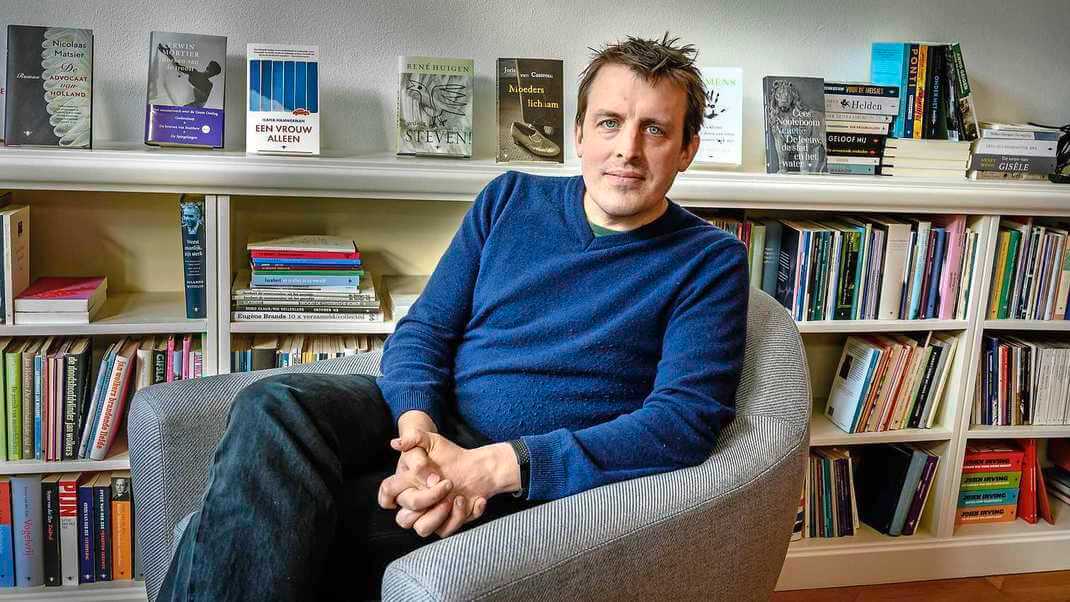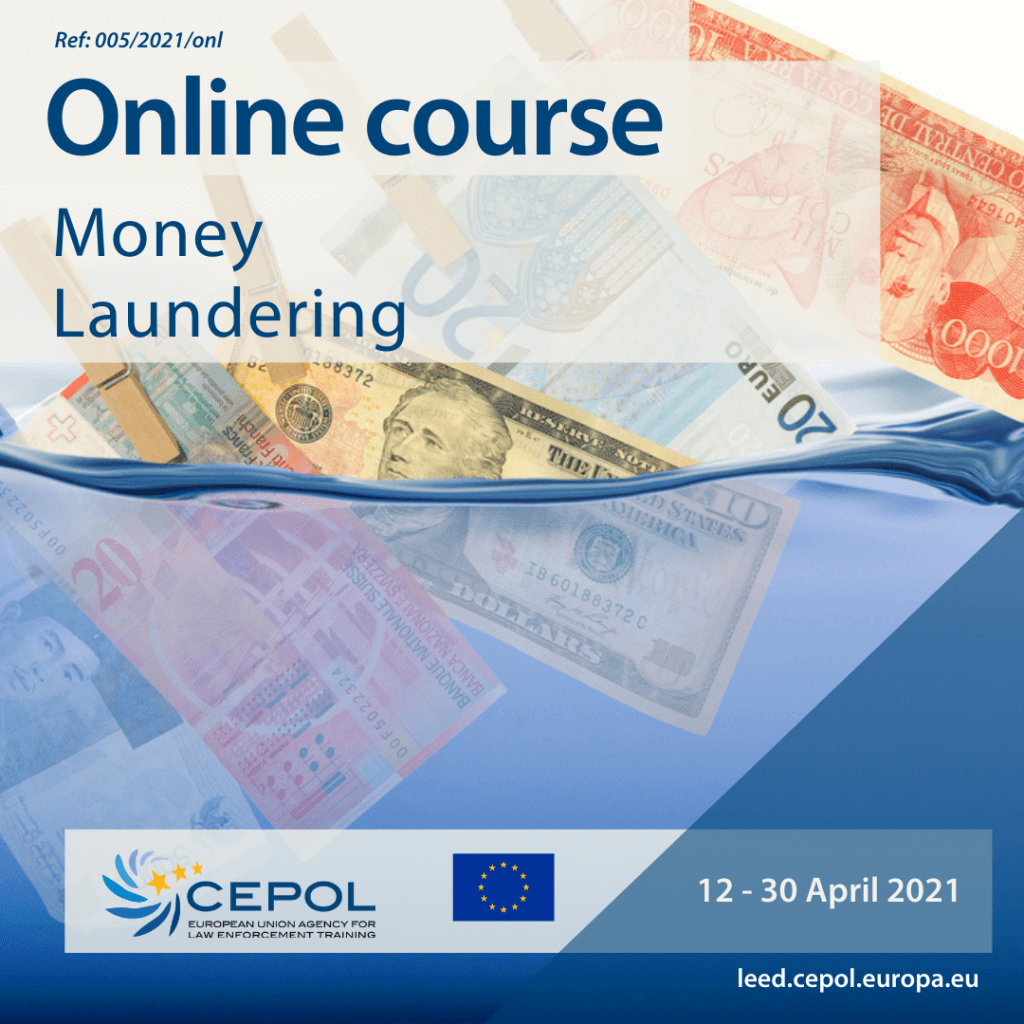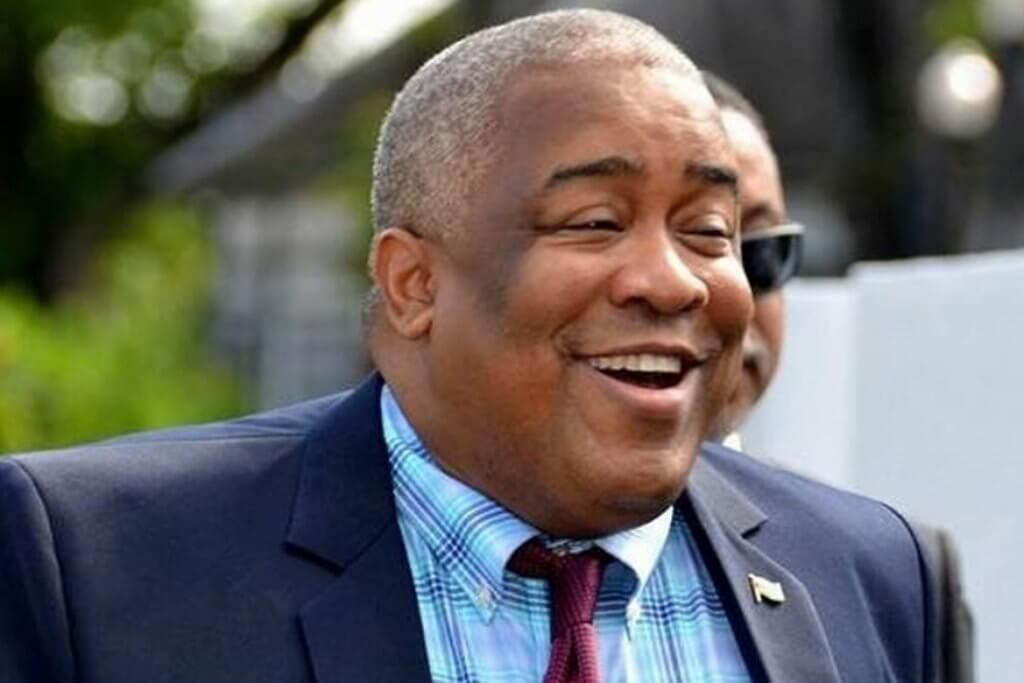Forensic accounting Schooling in the practise of Life

Perhaps London as an example for the Rest
Including Suriname
OIliver Bullough / The Guardian
Amsterdam, 2 maart 2022 — This means that there is not a single sewer pumping dirty Russian cash into the UK to which we can attach a meter, so as to measure its output. Instead, the cash is diluted into the great tidal flows of liquid capital that pour in and out of the City of London every day, from every corner of the globe. The ordure churned out by Russian crooks and kleptocrats is thus, thanks to the skilled attentions of the tax havens’ best brains, indistinguishable from ordinary investment.

One of the few studies to forensically address this phenomenon came from analysts at Deutsche Bank, who, in 2015, looked at discrepancies in the records of money that flows into and out of the UK, and concluded that since the early 1990s, £133bn had arrived here without ever being publicly accounted for. They estimated that “less than half” of that sum was likely to be Russian, which means that Russians could have secret holdings here of up to £67.5bn, on top of the officially declared figure. (That is still a small amount compared with the holdings of German, American or French investors.)
So whose money is this? How is it getting here? The bank’s analysts didn’t look into that question. However, had they wanted to, they could have walked down the hall and asked their colleagues, since it turned out that Deutsche Bank itself was a significant culprit in spiriting money out of Russia without informing the authorities. Less than two years after the report – called Dark Matter – was published, Deutsche Bank traders in Moscow were caught secretly moving $10bn (£7.5bn) of their clients’ money out of Russia by illegally exploiting the stock market. (As a result, the bank had to pay finesof $425m (£317m) in the US and £163m in the UK.)
With institutions as sophisticated as Deutsche Bank working to hide Russian money, it is unsurprising that the total amount in the UK remains vague. So there is no real answer to the foreign affairs committee’s first question, except to say that the volume of Russian money in Britain is far larger than the official statistics would have us think.

There are two reasons why we should be worried about this. The first is the low-probability but high-impact chance that Putin is hiding money here in the financial equivalent of sleeper cells, ready to slip out and buy influence when a crisis comes. The second is more significant: no one steals money if they can’t keep it. By letting Putin’s allies launder their stolen fortunes, and hide them in our country, we are drawing a line under their crimes, and rewarding them for actios we should not be condoning. Do we really want Britain to be the Kremlin’s fence?
To attempt an answer to Priti Patel’s second question – what assets has all this money gone into? – we need to look at how wealthy Russians responded to the collapse of communism. They chose to spend their newly freed money on assets they had long been denied, and ones that could not be taken away from them.

Guess Who ?
Above all, they bought luxury goods and property outside their own country, particularly in London.









